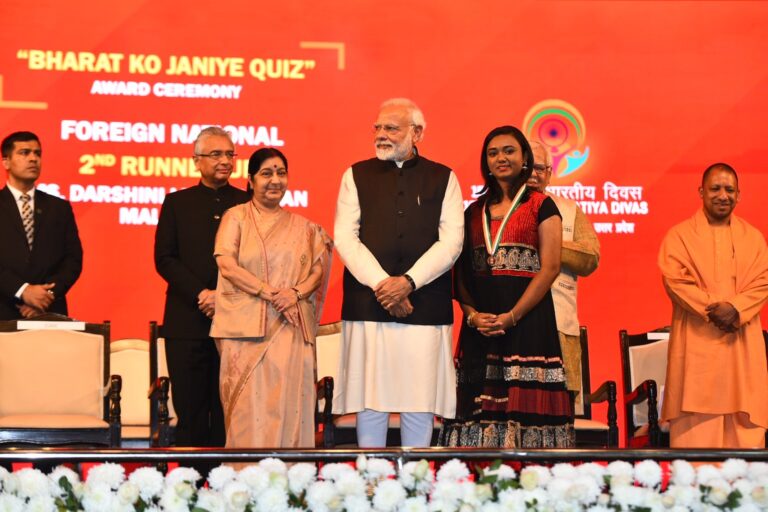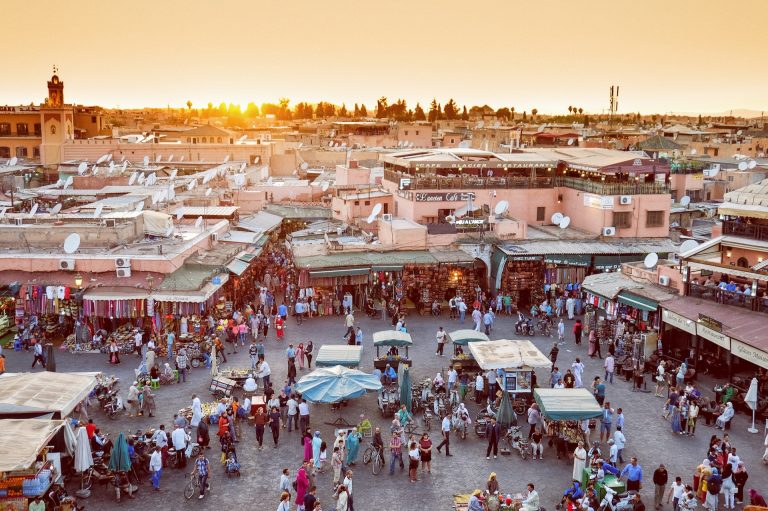
Tag development


Moroccan Decentralization: Towards Community Development and National Solidarity
Dr. Yossef Ben-Meir first introduced us to development and decentralization in Morocco in 2018. In this new piece, he re-examines and updates Morocco’s progress towards sustainable development. Background on Moroccan Decentralization Decentralization in the Kingdom of Morocco—aiming to make unprecedented…
A Model to Implement Sustainable Development in Morocco
In terms of human development potential, Morocco is a nation of immense promise, where gifted fortunes of nature such as wide-ranging organic agricultural products come together with dynamic social development frameworks. Moroccan development opportunities could launch the country into a haven for community-managed projects and change in Africa and the Near East.
Mutual Delegitimization: American and Chinese Development Assistance in Africa
How can China’s ideas of development assistance to Africa be regarded within the context of a wider struggle among global powers? In contrast to the dominant public understanding that Chinese aid has “no strings attached,” authors Salvador Regilme and Henrik Hartmann from the University of Leiden show that US and Chinese governments’ aid strategies champion their own geostrategic national interests in the African continent.
China’s Belt and Road Gamble: Can it Deliver?
At a time when China is increasing its power on the world stage, Dr. Shahid Yusuf, the Chief Economist of The Growth Dialogue at the George Washington University School of Business in Washington DC, attempts to investigate the effects of China's Belt Initiative. In doing so, he discovered that the project will certainly increase China's influence and economic power in Central Asia but it will also place the Chinese economy under heavy strain as Chinese growth begins to slow.
Too Many Remittances?
At a time where the international flow of remittances has received a great deal of criticisms by those on the political right, Jorge de Leon Miranda, a researcher at the International Monetary Fund, attempts to investigate the magnitude and effects of international remittances. In doing so, he discovered that remittances from the United States make up a great deal of the remittance inflow for at least fifteen countries and that the level of remittance inflow has an appreciable effect level of that country's development.
Water Crisis in Kabul Could Be Severe If Not Addressed
In this article, Mohsin Amin and Elnaz Hassanpour Adeh from Oregon State University tackle the issue of water scarcity in Afghanistan and its implications for the stability of the country. After discussing the recent myriad problems facing the water infrastructure system in Kabul, they propose several engineering and policy solutions such as the construction of the Shah-Arus Dam and the creation of the Managed Aquifer Recharge (MAR) that will ameliorate the situation.
Weber’s Protestant Ethic Revisited: Explaining the Capitalism We Take for Granted
Author Edmund Ruge revisits the German Sociologist Max Weber's theory of international development to see how Weber's theory, as expressed in his classic book The Protestant Ethic and the Spirit of Capitalism are still relevant today in the field of international development. Edmund Ruge then juxtaposes Weber's theory of development with two other theories of development that were proposed by Karl Marx and Georg Wilhelm Friedrich Hegel.
Iraq’s Post-American Future: Requiem for an Occupation
In this three-part series, Nate Rosenblatt, a 2009 SAIS graduate, discusses his experience building an American-style university in Iraq. In the first part of the series, Nate looks back at the difficulties faced by the Americans during the occupation. In his subsequent posts, he reflects on the future of an independent Iraq, and examines the role that America might play in the wake of its $750 trillion dollar investment in Iraq’s future.
